One of the best ways to ensure that a home stays safe is to keep good indoor air quality. Indoor air has been proven to be much more contaminated than outdoor air because it is forced to recirculate continuously around the home. Poor indoor air quality often leads to numerous health issues. When people who dwell in the home are constantly exposed to air laden with dust, pollen, allergens, pathogens, and chemicals, this leads to poor health results.
Fortunately, there are steps that homeowners can take to mitigate the problems that are caused by poor indoor air quality. Two of the most effective and popular options are UV air sanitizers and air purifiers. Both work to accomplish similar goals but do so in different manners.
What Is the Difference Between an Air Sanitizer and Air Purifier?
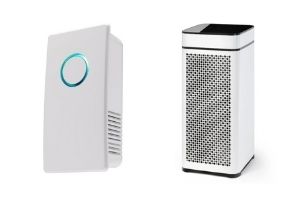
Before deciding to install an air purifier or a UV sanitizer, it is important to know the differences. An air purifier works by mechanically removing particulate matter from the air by some means of filtration. Purification can be accomplished in a few different ways. HEPA filters are one of the most common operating principles of air purifiers. Ionic purifiers are also common. Ionic purifiers work by charging dust particles and getting them to stick with electromagnetism. Through these means, air purifiers work to remove dust, allergens, and most air pathogens.
Air sanitizers work a little differently. UV sanitizers use ultraviolet light to destroy pathogens and neutralize some chemicals present in indoor air. Sanitization technology can be used in small, standalone units or installed inline with air conditioning ducts to sanitize the air in the whole house.
What Are the Benefits of Air Sanitization and Purification?
Sanitizers and purifiers both work to reduce the pollution in indoor air and improve its quality. Generally speaking, sanitizers work better to kill bacteria, mold, and viruses, while purifiers are usually more efficient at reducing dust and pollen particles in the air.

Both methods work well to reduce the symptoms of allergies, lessen complications from asthma, reduce respiratory problems, and improve sleep.
When Does a Home Need a Purification System?

When a home is located in a dusty environment, a purification system will help improve air quality. Good purification will help protect family members living in the home from respiratory problems caused by allergies and reduce dust in the environment. It can also help protect HVAC equipment by preventing dust from building up.
When illness is a concern, UV sanitization systems are the gold standard for preventing illness. Not only do UV systems treat the air that passes through the ducts, but they also create ozone that helps treat the air that is already in the rooms of a house. A UV system installed within a central AC works in conjunction with the filters and can accomplish both purification and filtration. It's best to call a professional to handle these services.
About G.F. Bowman, Inc.
G.F. Bowman, Inc. has been helping Cleona and Lebanon, PA homeowners protect their home and equipment since 1967. With industry-leading air cleaning services, they are ready to assist with expert indoor air quality solutions. Their flat-rate pricing helps prevent surprise costs and ensures that projects stay on budget.





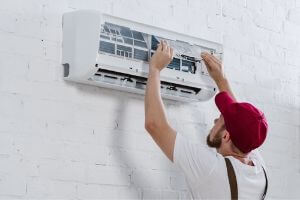 Maintaining your home’s indoor air quality may not be at the top of your list, but it should be. If your allergies are getting bad again, that’s a clear sign that you should change your air filters.
Maintaining your home’s indoor air quality may not be at the top of your list, but it should be. If your allergies are getting bad again, that’s a clear sign that you should change your air filters.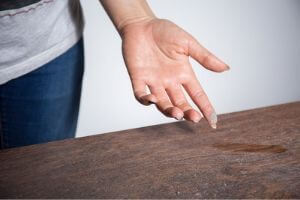 Instead of using bleach, ammonia, and nondescript products to clean your home, try making your own non-toxic cleaner!
Instead of using bleach, ammonia, and nondescript products to clean your home, try making your own non-toxic cleaner!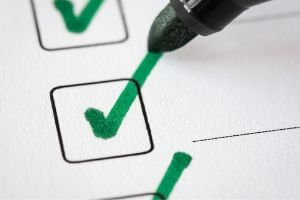
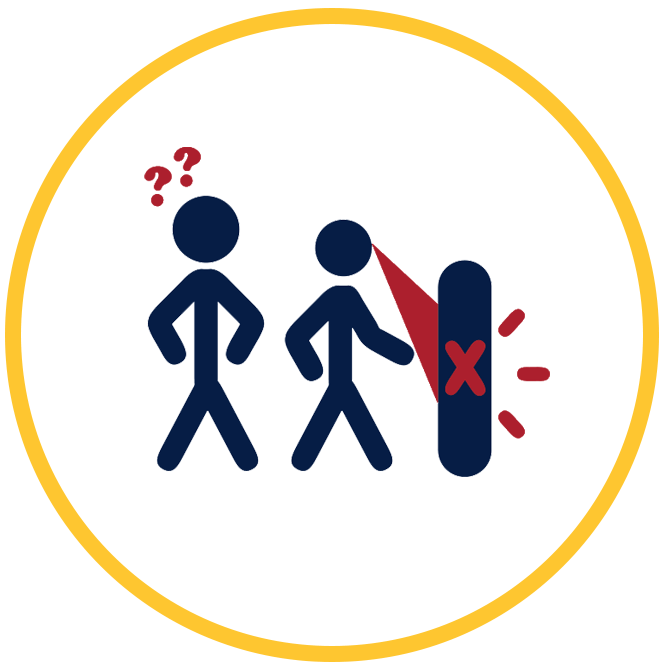 1..
1..
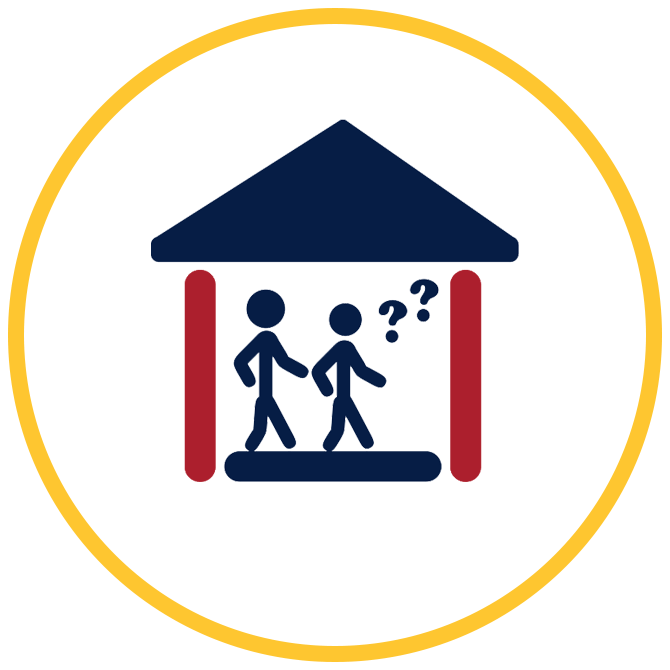 2..
2..
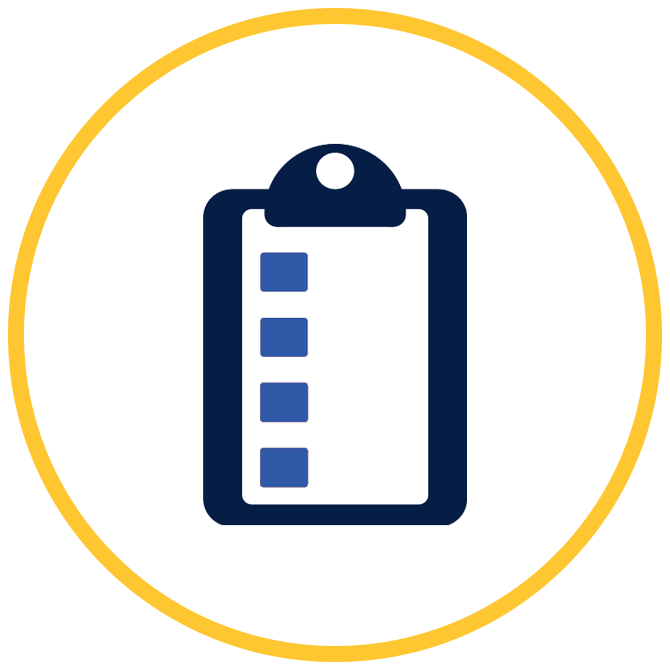 3..
3..
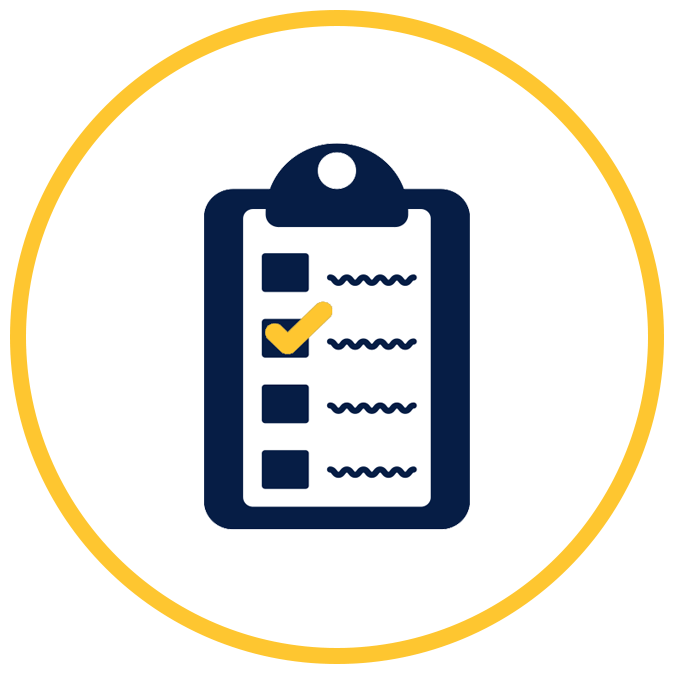 4..
4..
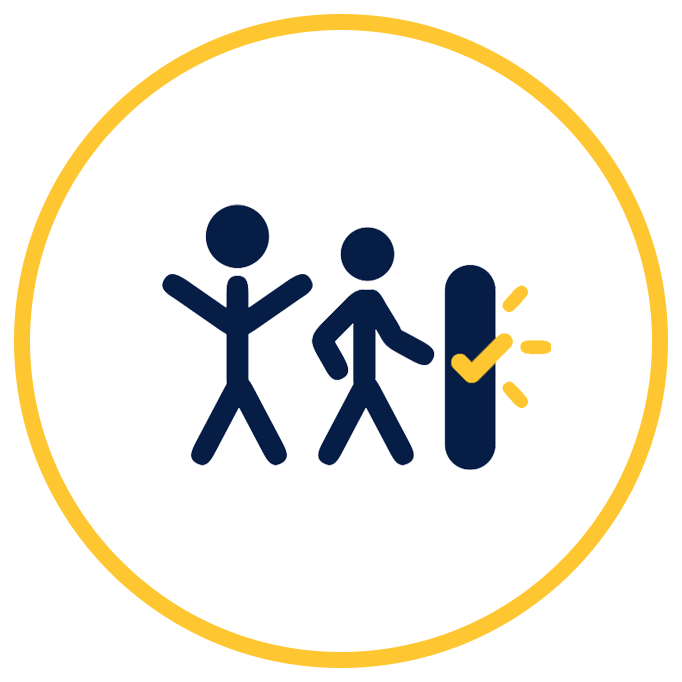 5..
5..
 6..
6..